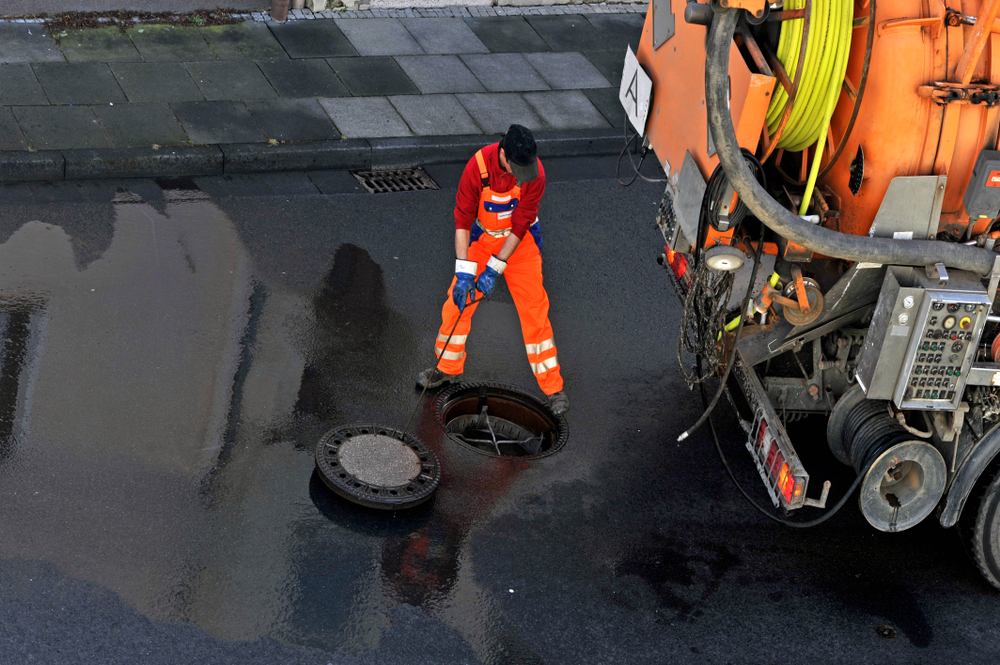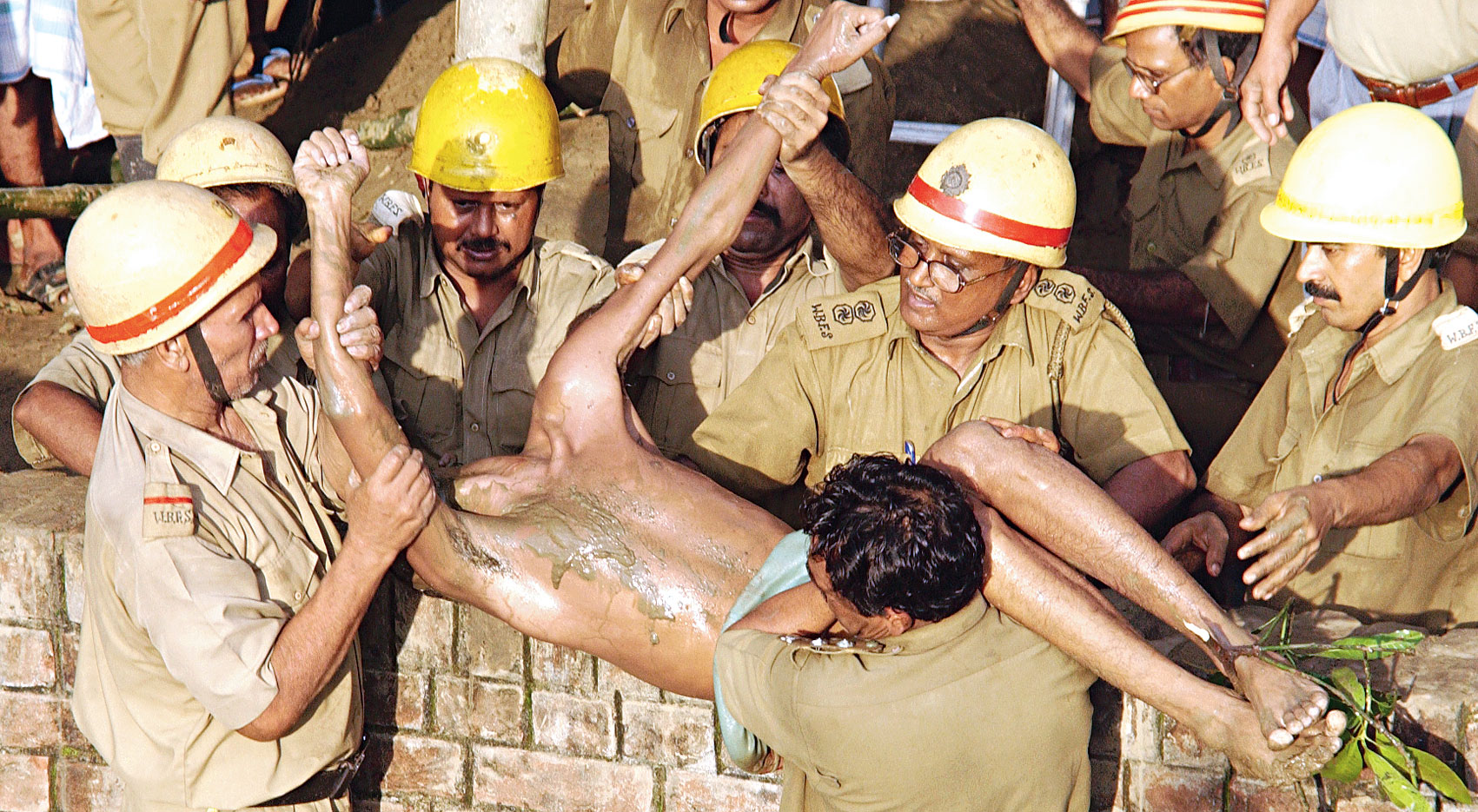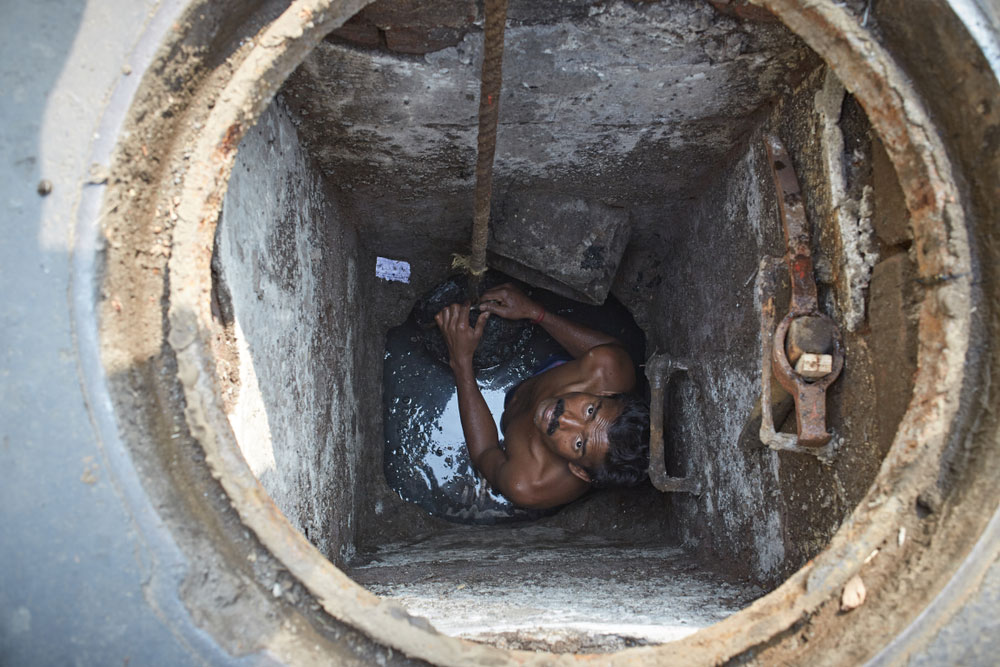Can laws be said to be effective if they fail to benefit the very people whose rights — and lives — they are meant to protect? This important question is especially applicable in the case of legislations pertaining to the practice of manual scavenging, which continues unchecked in spite of having been outlawed as far back as 1993. Worse, safai karmacharis continue to die in sewers and pits even though a slew of preventive policies have been enacted over the past 26 years. Yet another draft policy has now been proposed in the light of the situation. Urban bodies, the draft argues, will have to adopt mechanized methods of cleaning sewers and septic tanks, thereby eliminating manual scavenging. The draft plan also proposes an amendment to the Prohibition of Employment as Manual Scavengers and their Rehabilitation Act, 2013, so that sanitation officials can be held directly responsible if sewer deaths occur. Further, municipalities will get loans for procuring machines.
On the face of it, the focus on mechanizing the practice is heartening; it holds out the hope of efficiency. But the idea of mechanization warrants deeper reflection. An urban affairs ministry official has said that a primary reason why none of the laws against manual scavenging has worked so far is because “no alternative was made available”. This is a telling statement. It reveals the extent to which a nation obsessed with caste duties and problematic ideas of pollution and purity will go to keep underprivileged communities trapped in dehumanizing labour. The latter seems to have the endorsement of the country’s highest office: the prime minister himself had stated that sewers can offer a ‘spiritual experience’ to sanitation workers. Will the new draft policy recognize and address this deep-rooted caste prejudice on which manual scavenging thrives? Second, the question of the livelihood of an entire constituency set to be replaced by machines must be addressed. Will sewage workers be rehabilitated or trained in other skill-based work that is free of hazard? Most important, their future must not be viewed through the economic lens alone. The social cost to their lives must be considered, and the introduction of mechanization must be accompanied by a change in the institutional approach to urban waste management. Infrastructure and investments must change; the wider community must also participate in this transformation. Automation and cultural change — especially the question of caste — must be seen to be concomitant if the dignity of a seemingly invisible section of citizens is to be ensured.













